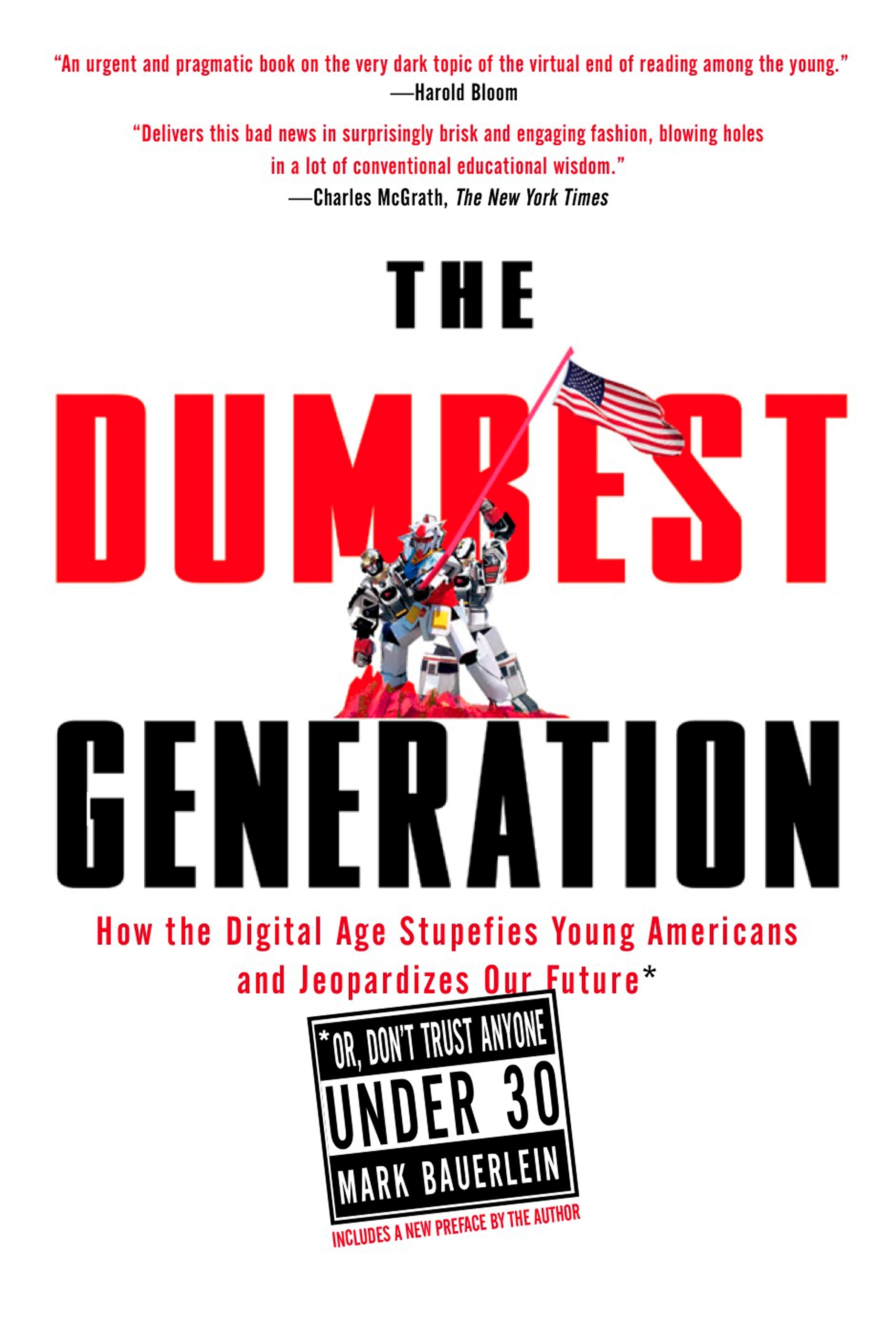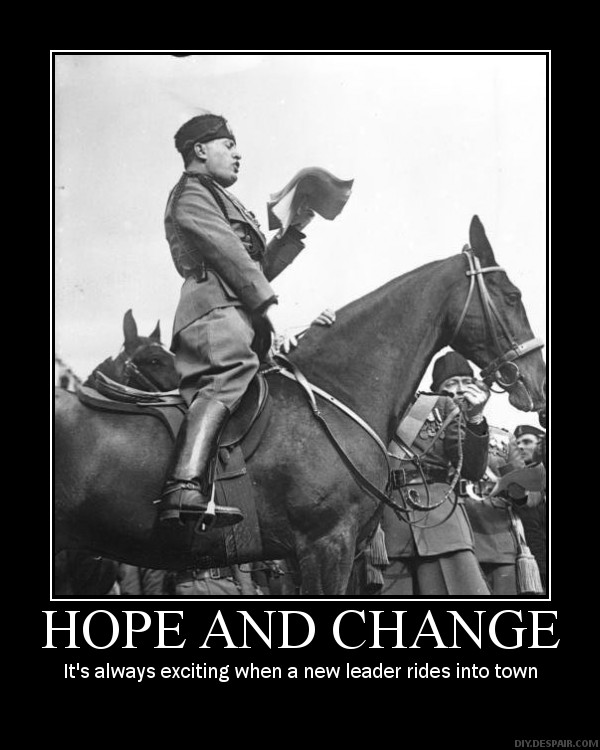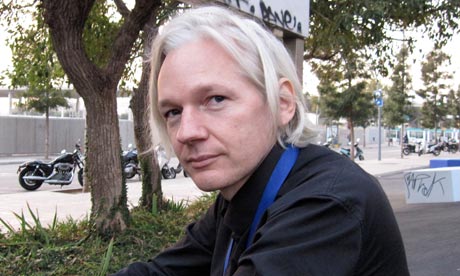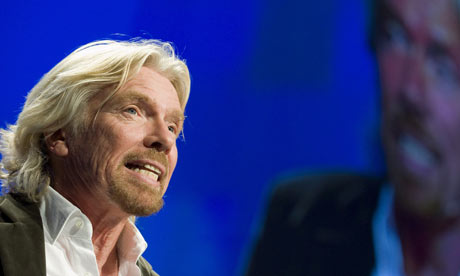LATimes | Sarah Palin's remarks Wednesday in which she accused critics who would tie her political tone to the Arizona shootings of committing a "blood libel" against her have prompted an instant and pronounced backlash from some in America's Jewish community.
The term dates to the Middle Ages and refers to a prejudice that Jewish people used Christian blood in religious rituals.
"Instead of dialing down the rhetoric at this difficult moment, Sarah Palin chose to accuse others trying to sort out the meaning of this tragedy of somehow engaging in a 'blood libel' against her and others," said David Harris, president of the National Democratic Jewish Council, in a statement. "This is of course a particularly heinous term for American Jews, given that the repeated fiction of blood libels are directly responsible for the murder of so many Jews across centuries -- and given that blood libels are so directly intertwined with deeply ingrained anti-Semitism around the globe, even today."
"The term 'blood libel' is not a synonym for 'false accusation,' " said Simon Greer, president of Jewish Funds for Justice. "It refers to a specific falsehood perpetuated by Christians about Jews for centuries, a falsehood that motivated a good deal of anti-Jewish violence and discrimination. Unless someone has been accusing Ms. Palin of killing Christian babies and making matzoh from their blood, her use of the term is totally out of line."
U.S. Rep Gabrielle Giffords, who was shot in the head Saturday and remained in critical condition in a Tucson hospital, is Jewish.












